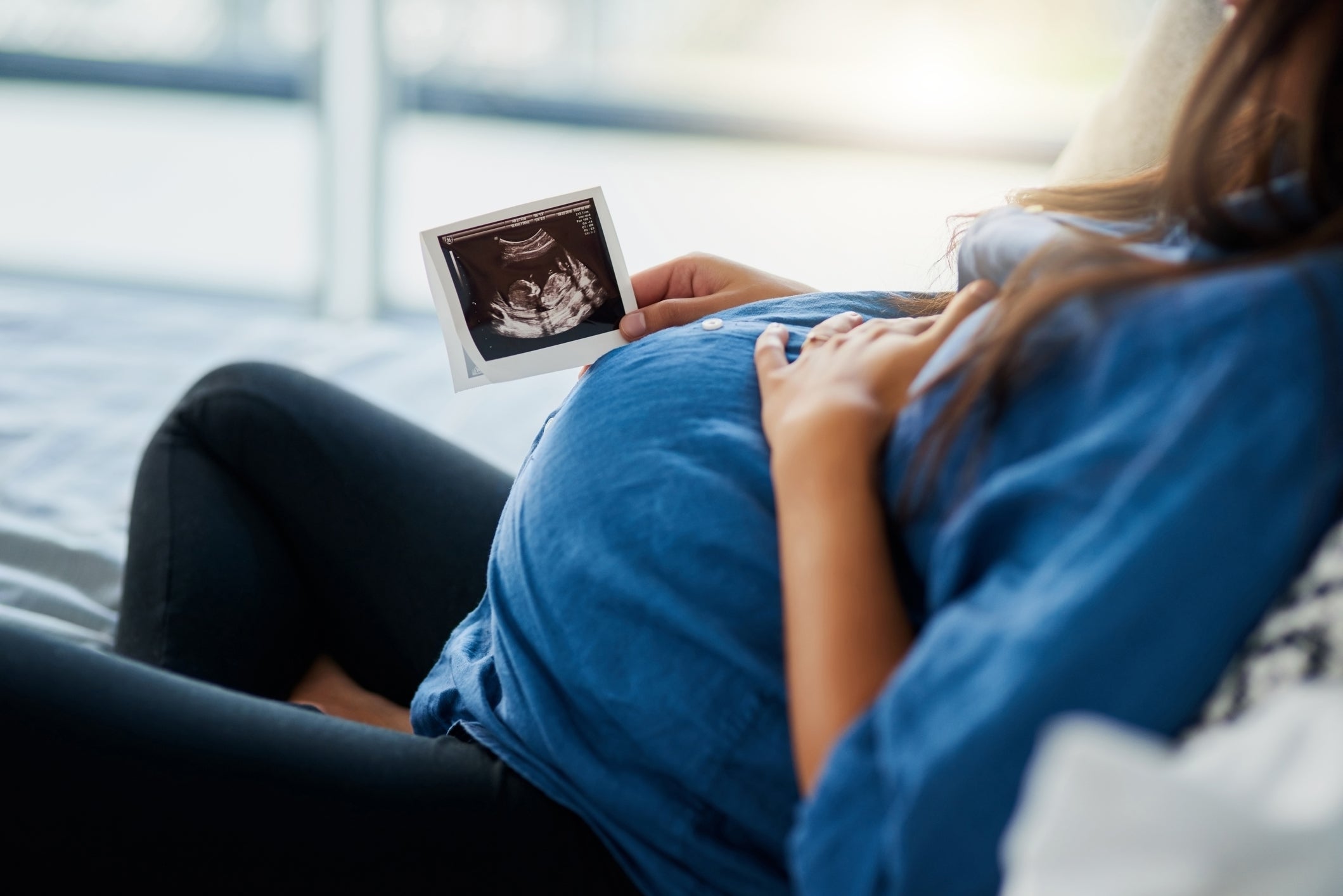Maternal mental health hubs are a sticking plaster on a serious issue that is always bottom of the priority pile
The NHS announcement should be tentatively celebrated, but support still needs to be available in local settings and health visitors must be trained to focus less on box ticking and more on mothers’ emotional state, says Cathy Adams

Around eight weeks after I gave birth last spring, a question about my postnatal mental health came sandwiched somewhere between feeding and baby birth weight during a 20-minute phone call.
The breezy “are you depressed?” was just too reductive for me to begin to describe what I was feeling, which was a sort of mushrooming nothingness at the idea of being a parent. I wasn’t feeling sad, nor happy. I wasn’t really feeling at all.
A year later, I can’t even remember what I said. Probably something like: “I’m not depressed, depressed, you know; I just feel flat and empty all the time? But that’s normal on 90 minutes’ sleep a day, isn’t it. Ha ha ha, definitely not depression though!”
The box was ticked; a sigh of relief from us both; and the student health visitor moved on to ask me about sleep (another real laugh out loud topic).
Having a newborn in a pandemic is a singular situation. I can’t say whether my postnatal mental health would’ve been any perkier if I gave birth in Before Covid (BC) times: my BC and Before Baby life are absolutely identical, having given birth right at the start of the first lockdown. Most of the health support new parents normally receive fell away immediately, replaced with short phone calls where I felt too shellshocked or, in one instance, too exhausted to even open my mouth, to say much.
Read more:
I wasn’t feeling sad, nor happy. I wasn’t really feeling at all
I didn’t know then that I needed help, as I do now. Which is why any recognition of poor mental health among new mothers is paramount, so I’m tentatively welcoming these new “mental health hubs” announced today.
By the end of this year, 26 new hubs across England will provide services to new, expectant and bereaved mothers, covering “maternity services, reproductive health and psychological therapy” for 6,000 mothers a year, says NHS England.
It’s a well-timed announcement: there has been a rash of frightening recent studies showing a marked decline in maternal mental health thanks to the enforced isolation of the pandemic. A recent report carried out by a coalition of maternal mental health organisations showed that six in 10 mothers had substantial concerns around their mental health, according to researchers who polled more than 5,000 pregnant women and parents, far more than the more typical 20 per cent. Nobody has emerged from the pandemic unscarred, but new mothers seem to have borne the brunt of it all.
Note the “tentative” support. There isn’t much detail about exactly how these hubs will work yet, and the numbers aren’t promising: around 650,000 women give birth every year.
I’d like to see mental health support become far more localised - with just 26 hubs planned, that’s fewer than one per county in England. It does take a village to raise a child: and it’s helpful if that village is nearby. Plus, many new mothers are unable to travel far in the months after birth (because of the titanic amount of baby tat you need to leave the house with; restrictions of driving after a C section; the pain of walking after an episiotomy, for example), which is when problems first begin to arise.
Support still needs to be available in local settings, perhaps by training up health visitors (who are assigned to monitor children from birth until school age) to deal less with box-ticky issues like baby weight and breastfeeding and more with a mother’s emotional state. It would’ve been nice, rather than being given a lecture by my health visitor that “breast was best” when I admitted to one formula feed a day, for her to just say, “hey, do whatever’s best for you. This part is really difficult and you’re doing a great job?”
I’m only now beginning to find the language to describe the low-level personal misery I felt in those newborn months
What these new hubs must ensure is a deeper understanding about maternal depression and anxiety at the shallowest end. I never felt like I met the threshold for Postnatal Depression, and so my ambivalence remained unaddressed. I’m only now beginning to find the language to describe the low-level personal misery I felt in those newborn months, which is so commonly described as a “love bubble” or “the happiest period”. One size does definitely not fit all.
And let’s not forget the more general things. The best therapy can be as simple as watching your baby shake a rattle for the first time at a sensory class, or letting them splash about in a pool. Or it could be a coffee or pint in the local park with a parent as dazed as you. Every child is different, so they say, and so is every mother: but at least the NHS is recognising that we need more support.
Subscribe to Independent Premium to bookmark this article
Want to bookmark your favourite articles and stories to read or reference later? Start your Independent Premium subscription today.

Join our commenting forum
Join thought-provoking conversations, follow other Independent readers and see their replies